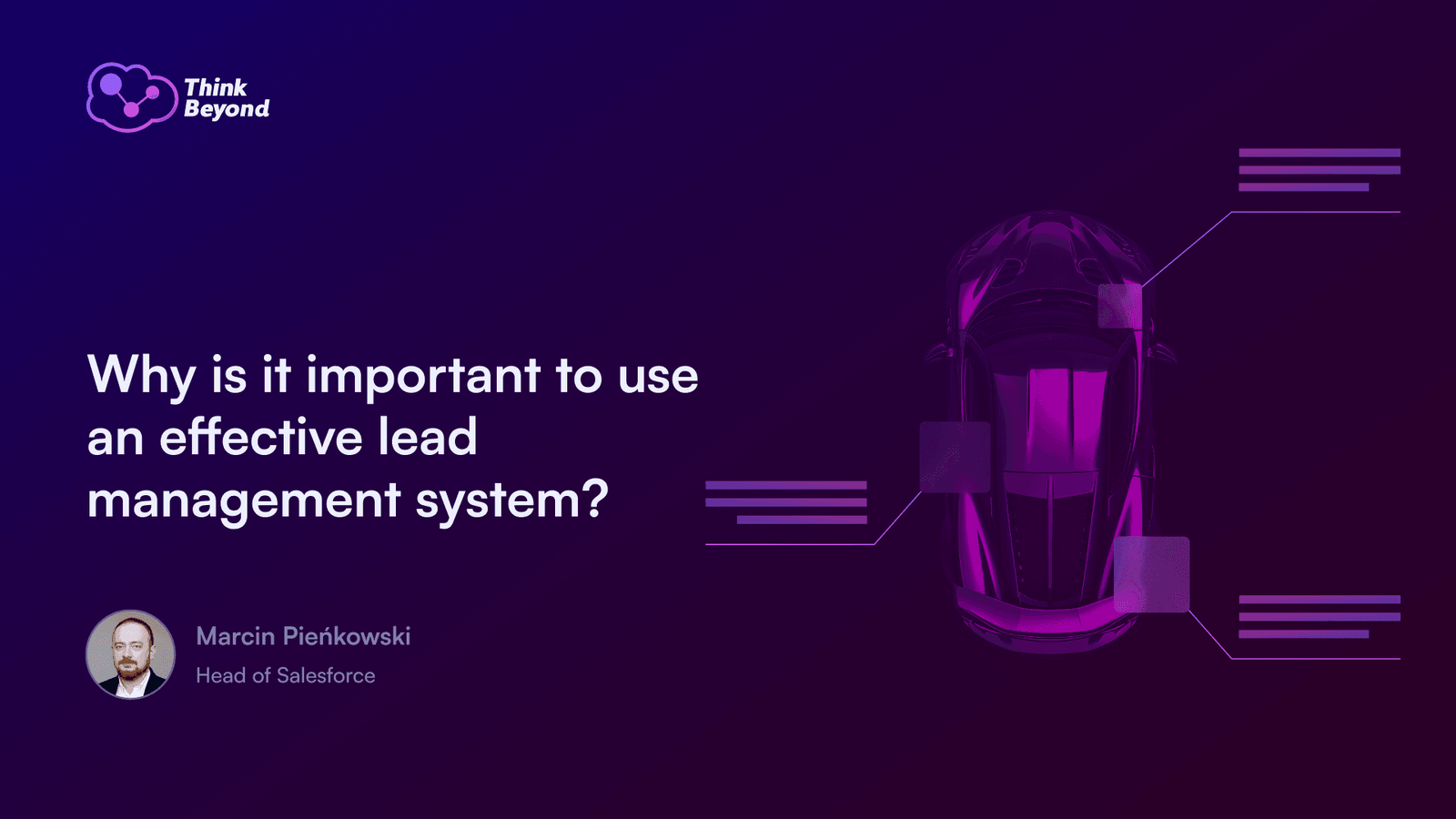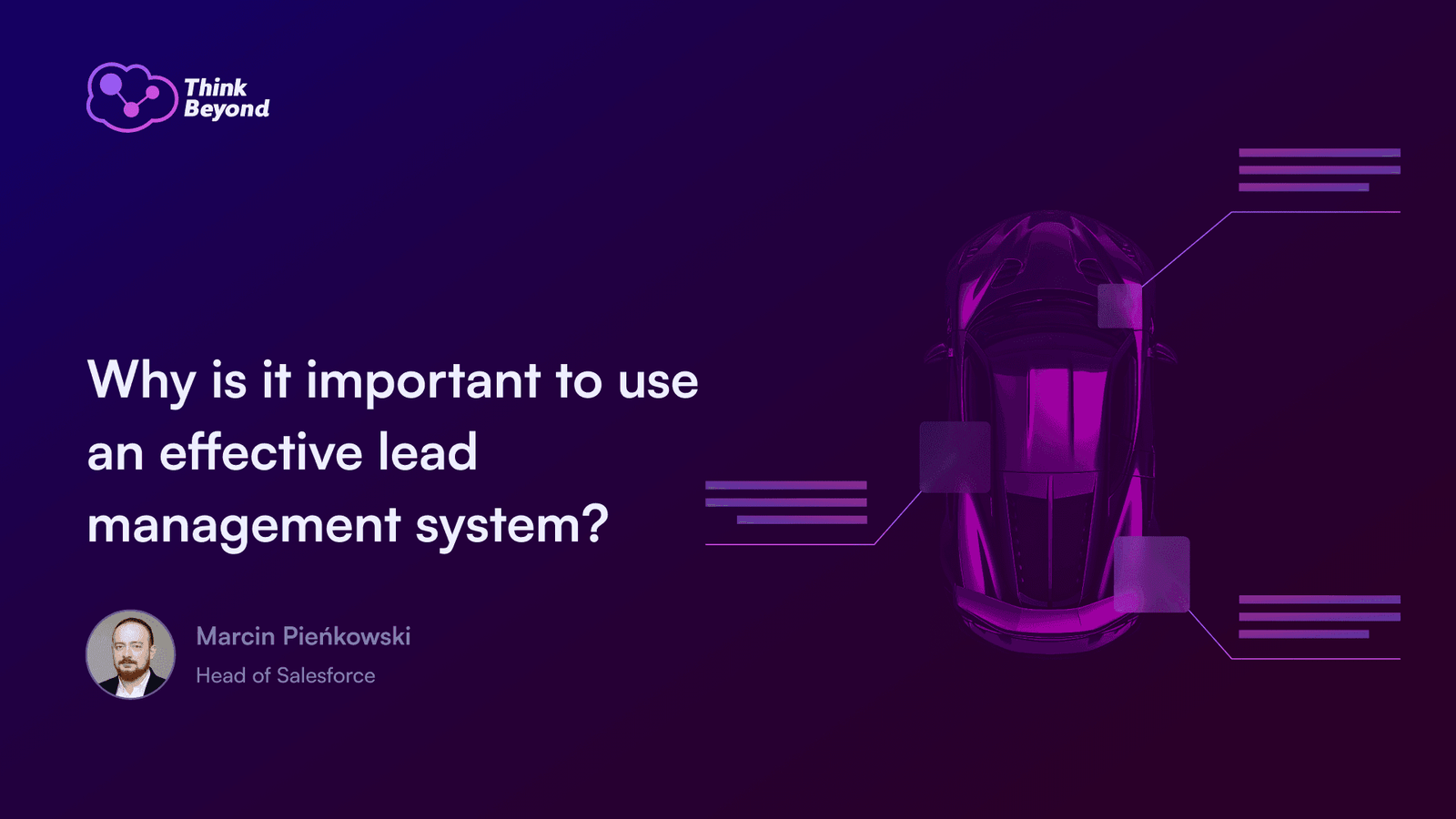
Like many others, the automotive industry has undergone a major transformation recently. The reason: a massive shift towards technology and building sales on online experiences.
A study by McKinsey identifies four main groups of car buyers:
- Hybrid customers who seek information and testing at dealerships, but use online sources for some interaction.
- Online savvy modernists who need six to eight different touchpoints along their car buying journey to make the car buying process quick and easy.
- Online-focused information seekers who focus on online sources and use them as their primary source of information. However, they may also look to dealers during the buying process.
- Dealer-trusting traditionalists who want a dealer to be both their main source of information and a partner in the car buying process.
How do you satisfy all these customer groups? A car dealer needs a tool that integrates all communication channels and uses real-time information to make quick decisions. These are perfect tasks for a lead management system built on Salesforce technology.
Understand your leads
A comprehensive lead management system provides insight into the origins of leads. This valuable knowledge allows you to allocate resources effectively and invest in the most profitable lead sources. Real-time tracking of lead activity enables sales teams to prioritize leads based on engagement level, leading to conversion.
How do you capture automotive opportunities? You need to track leads as they move through the sales funnel and guarantee that no potential opportunity is lost. Automated workflows and reminders can help ensure that sales reps do not miss follow-up actions. This improves responsiveness and customer retention.
LMS helps eliminate lead duplication and minimizes the risk of lost opportunities. To maximize sales opportunities and increase revenue: invest in lead understanding.
Get a complete view of your customer
LMS consolidates all customer contact information. Sales teams can easily access key details such as contact information, purchase history and communication preferences. This accessibility ensures that sales reps can tailor their interactions to individual needs.
58% of companies report that not all of their customer data is accurate and updated in real time.
Source: Salesforce. Trends in Automotive, 2022
A 360⁰ view of each customer enables dealers to understand customer preferences, behaviors and past interactions. This integrated perspective helps sales teams anticipate customer needs, personalize sales pitches and deliver targeted offers.
A comprehensive view of your customers provides exceptional service and fosters long-term relationships.
Automate your operations
Manually updating lead stages is prone to human error. It can also cause delays in the sales process. With Salesforce and its automation capabilities, lead stages are automatically updated as the lead progresses through the sales funnel. This streamlines the sales workflow by giving the sales team real-time visibility into the process.
Where else can you automate? LMS can quickly and accurately analyze vast amounts of data, providing insights into lead behavior, preferences, and potential conversion probabilities. This data-driven approach helps sales teams to make informed decisions. Leads are effectively prioritized and resources are allocated efficiently. Sales performance improves and revenue grows.
Personalize the customer engagement
Strong, long-term relationships fill a gap in the automotive industry. With LMS, dealers can offer personalized offers and services tailored to each customer’s preferences and needs. Customers receive a verified version of their dream car.
22% of OEMs and retailers can personalize communications across channels like email and text — something that 73% of customers already expect.
Source: Salesforce. Trends in Automotive, 2022
How do you engage with customers, regardless of channel? CTI integration allows sales staff to communicate via phone, email, or SMS. Customers choose the communication channel they prefer. This ensures that you reach them faster and that they respond to your actions.
Get reliable reports to act quickly
How do you assess performance and make good business decisions quickly? The market is changing rapidly. Traditionally, reporting has involved countless hours of manual data collection and analysis, leading to inefficiencies and delays in decision-making.
With an LMS, however, dealers can generate accurate reports quickly and efficiently. Sales teams can track key metrics such as lead conversion rates, sales pipeline velocity and revenue generated.
An LMS streamlines and optimizes dealers’ sales efforts by identifying trends, analyzing sales cycles and pinpointing areas of inefficiency. With access to real-time data and customizable reporting tools, managers can make data-driven decisions to improve sales strategies and drive business growth.
The future of automotive is digital
From manufacturing to sales and service, digital is reshaping how vehicles are designed, manufactured, sold and serviced.
The rise of digital retail platforms and online car marketplaces is changing the way consumers shop for vehicles, with many now preferring the convenience of browsing and buying cars online. Virtual showrooms, augmented reality (AR) visualization tools and digital test-drive experiences are redefining the car buying process, making it more accessible and transparent for consumers.
Source: A future beyond brick and mortar: Disruption in automotive retail
The future of the automotive industry is digital, driven by innovation, connectivity and customer-centricity. Car manufacturers, dealers, and other industry players must embrace digital to remain competitive and meet the changing needs and expectations of consumers in a digital age.


